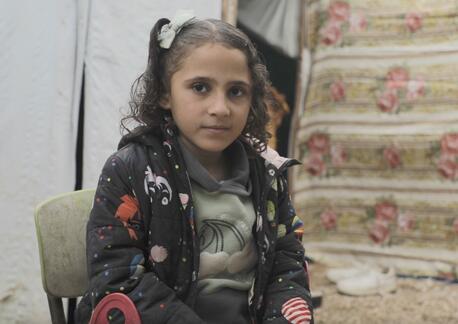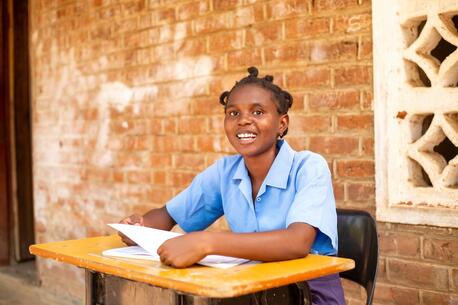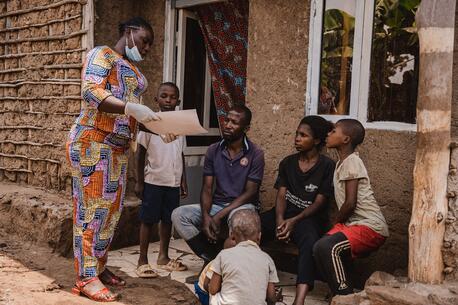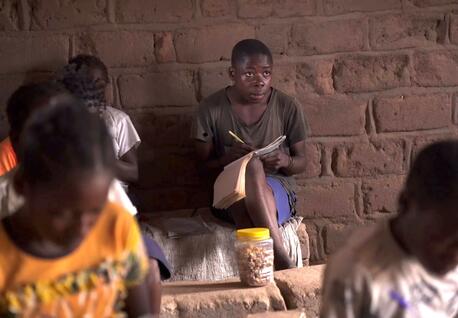
Where Humanitarian Aid and Peace Building Intersect: UNICEF in Eastern DRC
In the Democratic Republic of the Congo, UNICEF-supported programs are doing more than meeting basic needs like safe water and education. They are also easing social tensions and building trust between and within communities. A look at the impact of UNICEF's peace-building work in the eastern province of Tanganyika, where members of different groups are learning to live, learn and play side by side, with UNICEF's help.
Meeting basic needs, building trust to strengthen communities and help children thrive
Delphin fled Kampyempye village, in Tanganyika province, eastern DRC, when violent conflict erupted between the Bantu and Twa communities. At 6 years old, he lost both his parents and stopped going to school.
Today he is back and has resumed his studies at a school UNICEF helped construct — where Bantu and Twa learn and play side by side.
An important part of UNICEF’s mission in DRC, and in Tanganyika province in particular, is helping to facilitate the post-conflict return of displaced children and families.
In collaboration with local government and civil society organizations, indigenous community representatives and other partners, UNICEF is advancing solutions for ensuring access to safe water, nutrition, education and other essentials, while also building trust among groups who for years had engaged in violent conflict triggered by land disputes and other social tensions.
It is a multi-layered mission that combines humanitarian and development work with peace building.
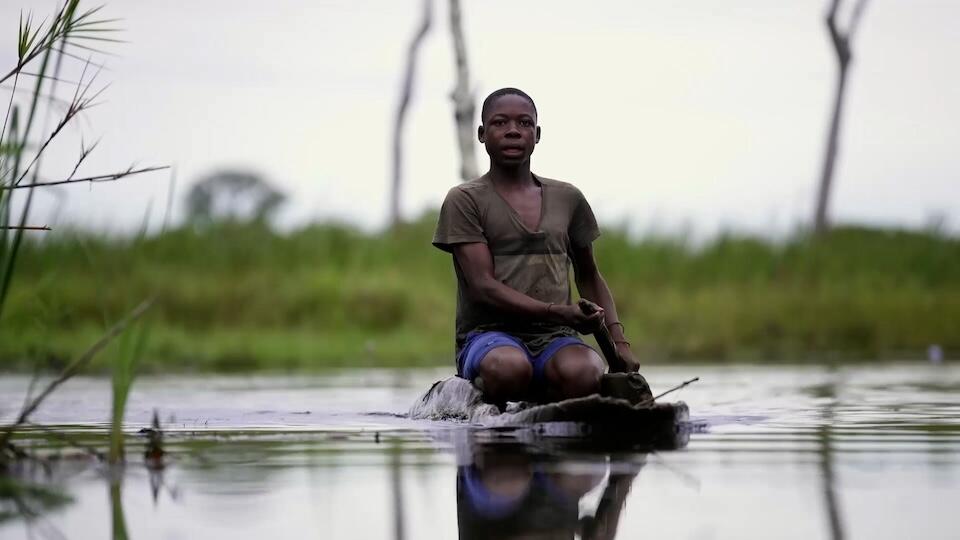
For UNICEF, humanitarian work, development work and peace building go hand in hand
“The first step was to bring them together to the negotiating table, to bring the Twa and the Bantu leaders together to talk,” explains Zinaha Tsiriniaina Rajaonarison, a UNICEF Monitoring and Evaluation Specialist. “The second step was to unite them with common objectives, a common vision so that the two communities could work together and improve peaceful cohabitation.”
UNICEF helps foster social cohesion in eastern DRC in many ways, including establishing youth training programs, organizing sports and cultural events and assisting in the development of community action plans.
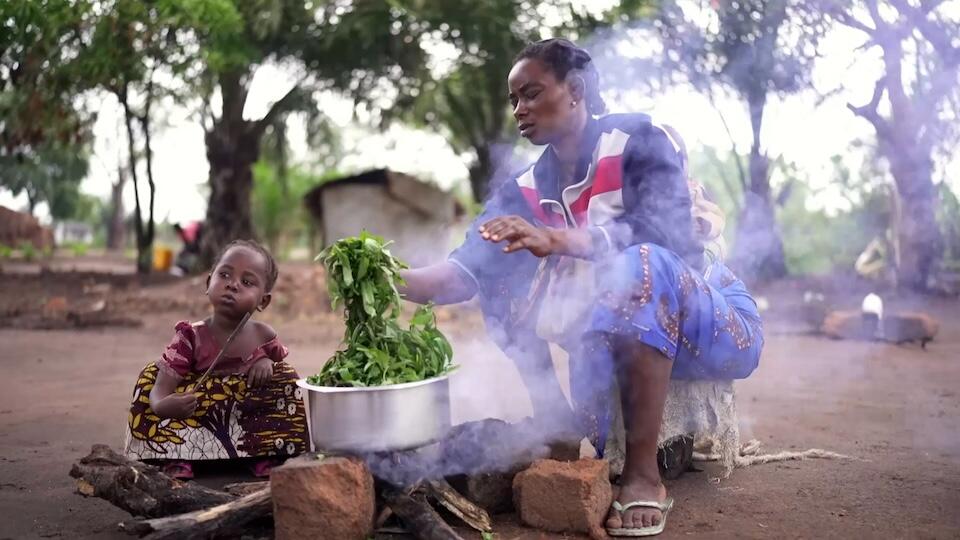
UNICEF’s Young Champions program, launched in DRC in 2023, serves a similar purpose, offering opportunities for young people to be included and to participate more fully in actions that create positive change in their communities, while also gaining professional experience.
In the program’s first year, 40 young people aged 18 to 31 were selected for three-month stints at different UNICEF field offices. Assignments ranged from leading social mobilization during vaccination campaigns in indigenous communities to promoting environmental protection in schools to organizing the first U-Report community in a DRC displacement camp.
Viewed as an incubator for young talent, the Young Champions program is also proving to be a springboard to service-oriented careers: more than two dozen of the 2023 participants have already secured jobs that involve serving children and their communities.
Unrestricted donations give UNICEF the flexibility to direct resources wherever and whenever they are needed most. Your contribution can make a difference. Donate today.
HOW TO HELP
There are many ways to make a difference
War, famine, poverty, natural disasters — threats to the world's children keep coming. But UNICEF won't stop working to keep children healthy and safe.
UNICEF works in over 190 countries and territories — more places than any other children's organization. UNICEF has the world's largest humanitarian warehouse and, when disaster strikes, can get supplies almost anywhere within 72 hours. Constantly innovating, always advocating for a better world for children, UNICEF works to ensure that every child can grow up healthy, educated, protected and respected.
Would you like to help give all children the opportunity to reach their full potential? There are many ways to get involved.



